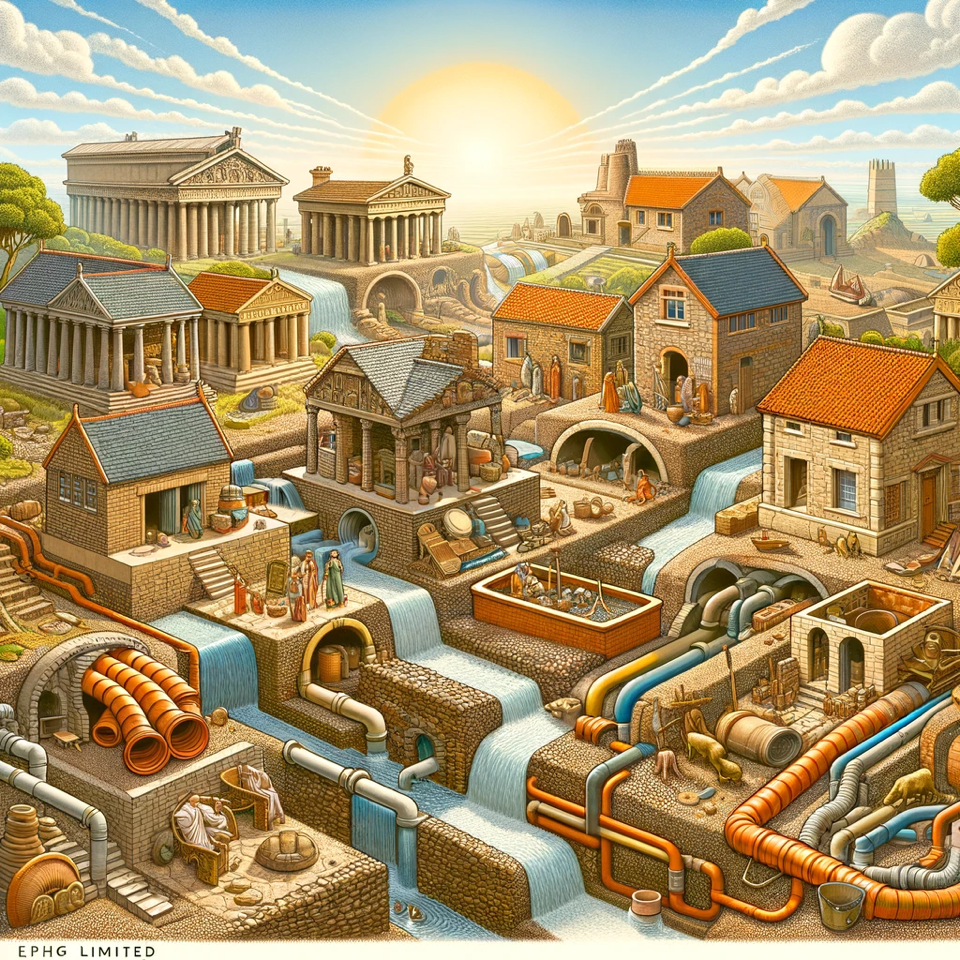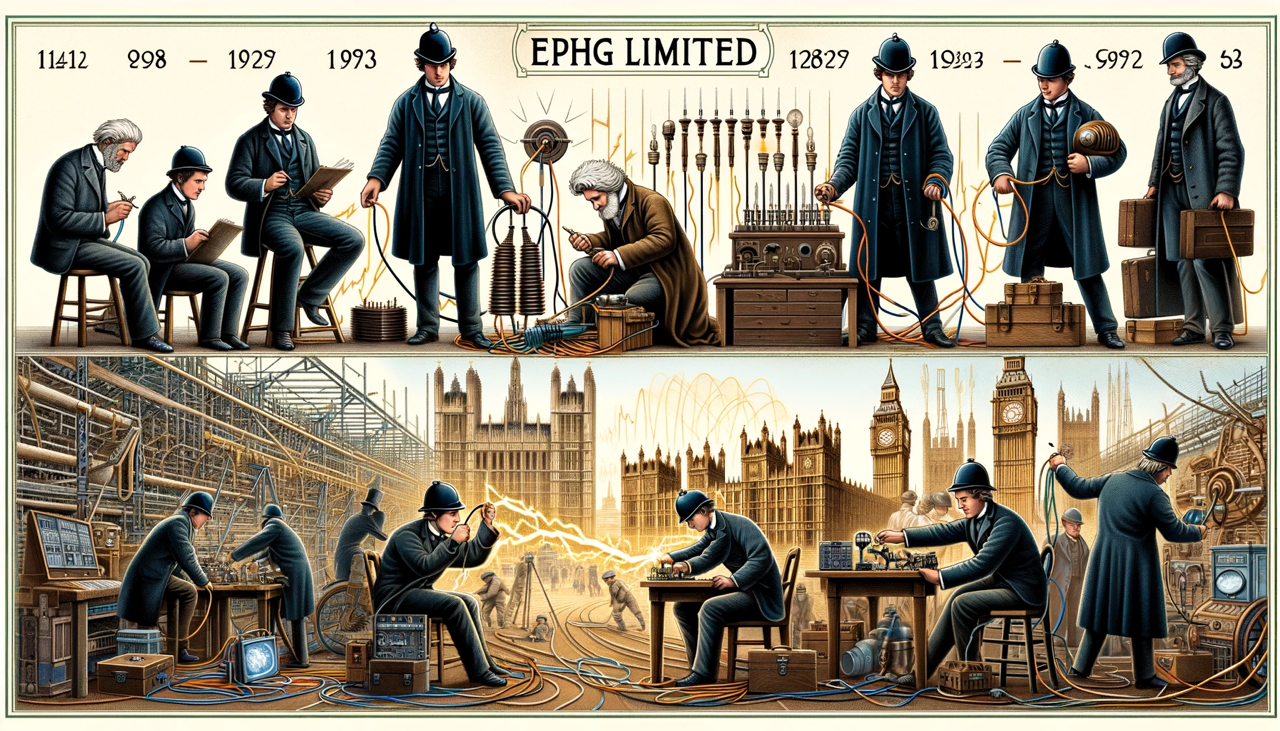The Evolution of Gas Engineering: A Critical Look at the Role of Emergency Gas Engineers

Introduction
Gas engineering, a pivotal field in the modern industrial landscape, has evolved significantly since its inception. This article delves into the rich history of gas engineering, underscoring the indispensable role of emergency gas engineers in ensuring safety and efficiency in gas management.
The Dawn of Gas Engineering
Gas engineering traces its roots back to the early 19th century with the advent of gas lighting. Cities such as London and Paris first witnessed gas lighting's revolutionary impact, where it illuminated streets and homes, dramatically altering urban life. The early gas engineers were pioneers, manipulating coal gas to provide lighting; a process that laid the foundation for the modern gas industry.
Advancements in the 20th Century
The 20th century marked significant technological advancements in gas engineering. The development of natural gas networks transformed how energy was distributed, moving away from localized coal gas production. This era saw the emergence of gas engineers as crucial players in designing, constructing, and maintaining extensive gas distribution systems.

Emergency Gas Engineers: Guardians of Safety
The role of the emergency gas engineer became critically important with the expansion of gas usage. These specialized engineers are trained to respond swiftly to gas leaks, equipment failures, and other hazardous situations. Their expertise in rapidly diagnosing and rectifying issues is vital in preventing potential disasters, thereby safeguarding communities.
Modern Challenges and Innovations
Today's gas engineers face the challenge of integrating renewable energy sources and reducing carbon emissions. Innovations in biogas and hydrogen are paving the way for a more sustainable future. Emergency gas engineers are at the forefront of these developments, ensuring that new technologies are implemented safely and effectively.
The Future of Gas Engineering
As we look to the future, the role of emergency gas engineers will continue to evolve. They are not just problem solvers but also key players in the transition towards greener energy systems. Their skills and knowledge will be crucial in managing the complexities of modern gas networks and in driving innovation in the field.
Conclusion
From the gas-lit streets of the 19th century to the complex energy networks of today, gas engineering has come a long way. The emergency gas engineer, a role born out of necessity, has become a cornerstone in this dynamic field. As we navigate towards a sustainable future, their role will be more significant than ever, ensuring safety and efficiency in an ever-evolving industry.




